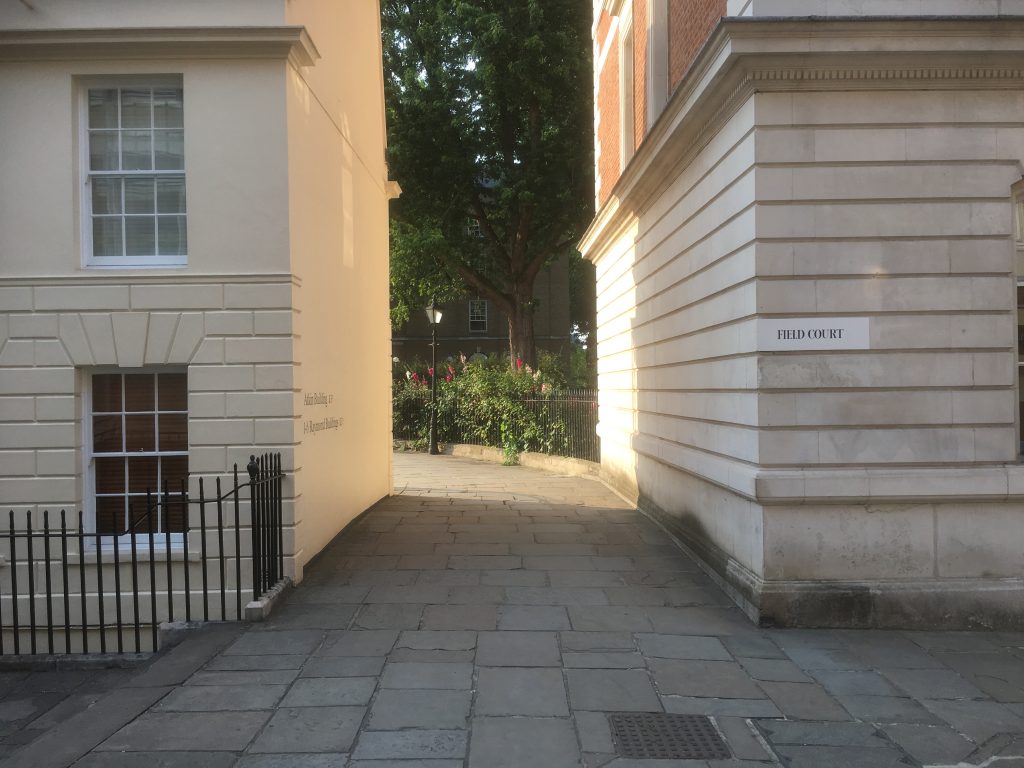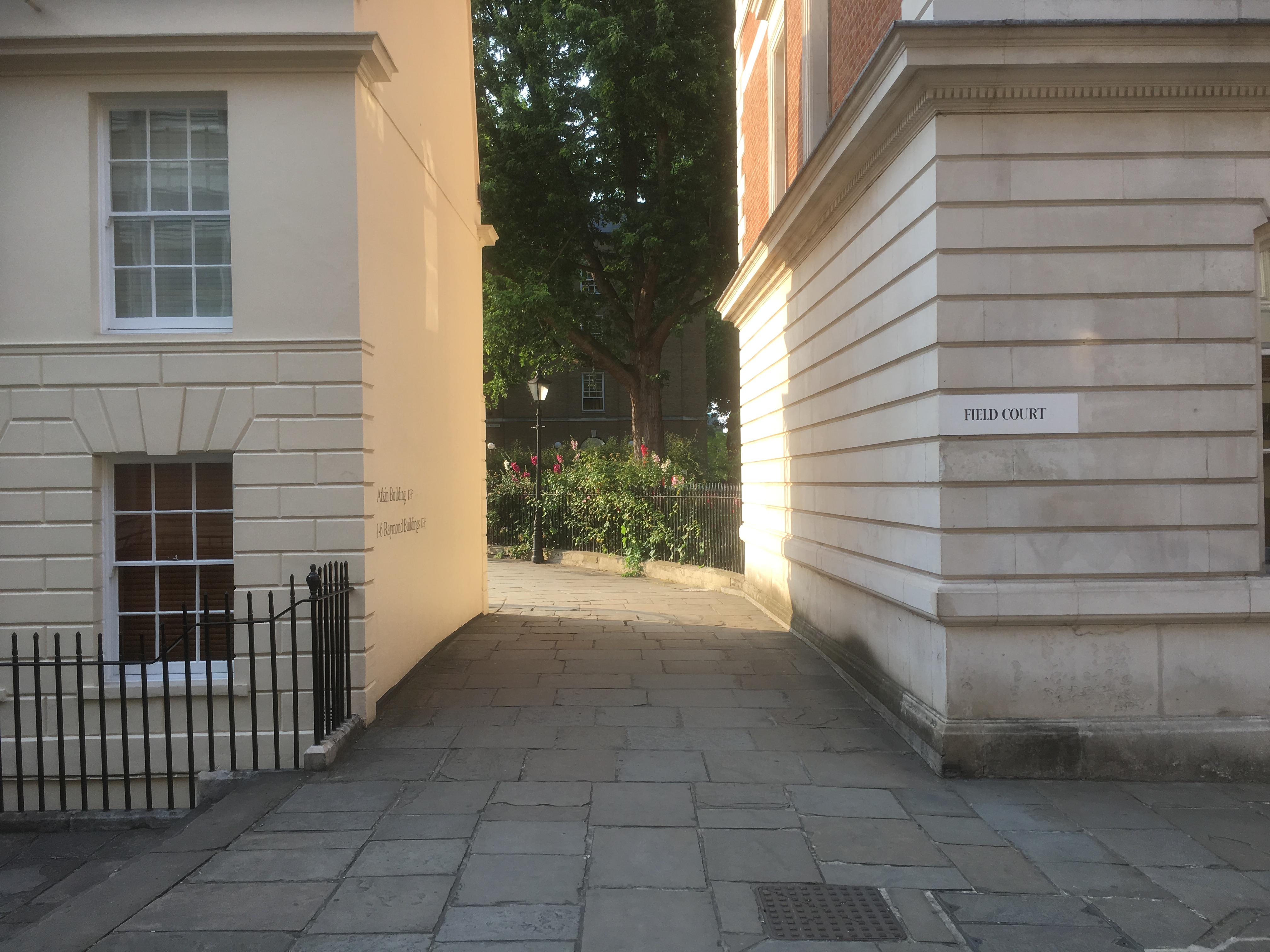
I’ve recently started a new role at City, managing the relationship between LEaD’s Educational Technology team and the City Law School (CLS). Just a couple of weeks into the post, I had the pleasure of attending Law’s Teaching and Learning Day event, at the Atkin’s lecture theatre. It was a great opportunity to start getting to know some of the staff at the school and learn more about the work that they do.
Here’s a handful of takeaways from the day for me, in no particular order:
- Context. As with many others, CLS faces challenging headwinds over the next few years. This includes increased internal targets in Student Employability, Progression and Satisfaction, as well as growth in student numbers. It also includes external challenges, such as greater competition for legal education within the sector, changes to the broader regulatory framework, and wider unknowns such as Brexit.
- Alphabet soup. Working with Law requires understanding an alphabet soup of acronyms and initialisms, such as CILEX (Chartered Institute of Legal Executives), SRA (Solicitors Regulation Authority), SQE (Solicitors Qualifying Examination) and LLB (Latin Legum Baccalaureus, which roughly translates as Bachelor of Laws and is a law degree programme offered by many other UK universities).
- Student voice. This event had a student panel, comprising five students answering questions from their audience of academic staff. It was a great way to get that crucial perspective of the impact of teaching and their education on their learning. More staff events should include student panels.
- What they said. We found out from the student panel that Law students are largely very happy with their experiences of City’s Personal Tutoring scheme, but that the level of exams they have to contend with is really quite intense.
- Enterprise. Professor David Collins spoke about embedding enterprise across the curriculum, an initiative that extends across City. One way Law students are supported in their enterprise initiatives is through the Start-Ed Commercial Law Clinic, a free walk-in centre offering assistance for small businesses and tech start-ups on a range of business and law matters.
- Twipes. Professor Collins also spoke about City’s Launch Lab, an incubation space for City’s student and graduate entrepreneurs. He described some of the ideas that have emerged out of the Launch Lab, including twipes – a form of flushable, eco-friendly wet wipe. As a parent of a young child, I was certainly impressed with this idea!
- Copyright permissions. City’s copyright officer Stephen Penton presented too, and told us about a tool for checking permissions about what publications could be legally copied, shared or re-used, under the terms of a CLA licence. Potentially very useful for the academic concerned about whether they can use a particular resource or not.
- Images. There were several excellent presentations given as part of ‘Law’s Got Talent’, one of the highlights of the day. I found Luke McDonagh’s one particularly interesting, who spoke on ‘Using Narrative, Image and Documentary to Illustrate Sports Law’. Luke related how he’d used photographs to bring his subject alive for his students, a topic that me and a colleague spoke about at Learning at City 2016. Luke was one of the award winners of this year’s ‘Law’s Got Talent’.
- Memory. In ‘Legal Educator as a Story Teller’, Eliot Schatzberger spoke about the role of memory in teaching. He demonstrated this through reciting cases from memory in the order that they will be taught in. I must admit, I’d not previously considered how memory could be used as a teaching tool, so this was certainly thought provoking.
- University Administration. Last up at ‘Law’s Got Talent’ was a presentation in the form of a video, given by some of the Course Office staff and detailing some of what they do in support of a legal education at City. Clearly amongst the unsung heroes of the school! Find out more about what they do in the video below:

